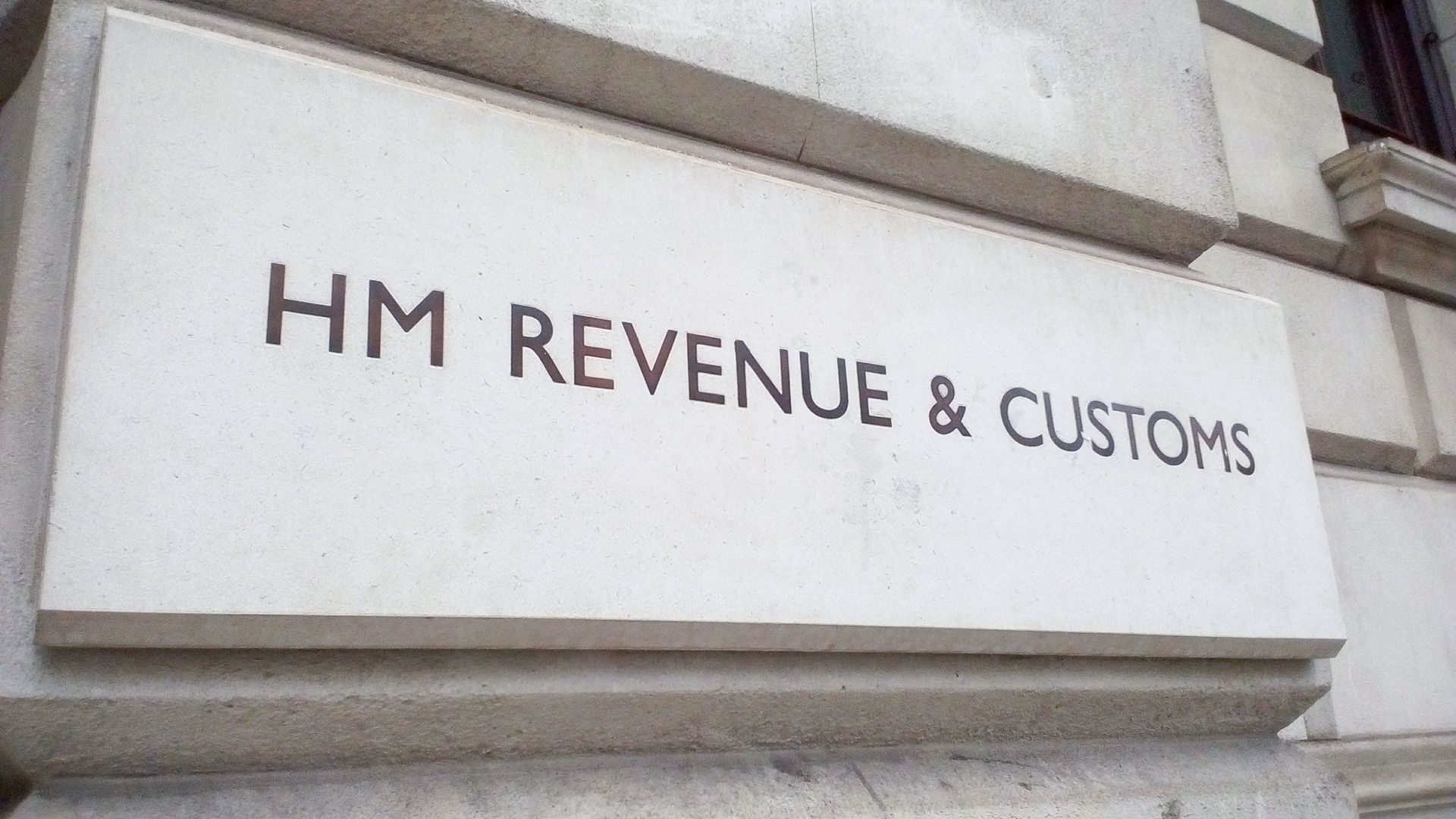Autumn Budget 2022
Autumn Budget 2022
Chancellor Jeremy Hunt today announced a series of new measures designed to reduce the Government's deficit, tackle inflation and restore confidence in the UK's economy.
A full copy of the statement can be found here.
https://www.gov.uk/government/publications/autumn-statement-2022-documents
Income Tax, National Insurance and IHT
The point at which the 45% rate of income tax applies will be reduced from £150,000 to £125,140.
The allowances and bands for income tax, national insurance and inheritance tax will be frozen until April 2028.
Employers' NIC thresholds to be frozen.
Dividend Allowance and CGT
Dividend allowance will be reduced from £2,000 to £1,000 next year, and then to £500 from April 2024.
Capital Gains Tax Annual Exemption Amount is to reduce from £12,300 to £6,000 from April 2023 and then to £3,000 from April 2024.
Research and Development
For expenditure on or after 1 April 2023 the RDEC rate will increase from 13% to 20%.
The SME additional deduction will reduce from 130% to 86% and the SME credit will decrease from 14.5% to 10%.
Business Rates
Planned revaluation of properties to go ahead. Though additional support will mean that two-thirds of business will not pay higher rates next year.
This support includes the Multiplier Freeze, the Transitional Relief Schemes, the Retail Hospitality and Leisure Relief and the Supporting Small Businesses Scheme.
VAT
VAT registration threshold to be held at £85,000.
The Government will not be pursuing the Online Sales Tax (OST).
National Living Wage
£10.42/hr from 01 April 2023.
Windfall Tax
Windfall tax affecting oil and gas industry to increase from 25% to 35% and an electricity generator tax set at 45%.
Inflation Forecasts
The OBR forecasts inflation to hit 9.1% this year and 7.4% next year.
Energy Price Guarantee
The price cap will increase from April 2023 to bring the average cost of energy for a typical house to £3,000 per year for a typical household.
Benefits and Welfare
To increase by 10.1% next year.
Pensions
Pensions triple lock to be protected.
Pension credit to increase by 10.1%.


Book an Appointment Today
Message Us Now
We will get back to you as soon as possible.
Please try again later.
Our Location
© 2020 All Rights Reserved | Longden & Co Ltd | Registered in England & Wales, Registered number 06710813 | Website by Infoserve | Privacy & Cookie Policy











